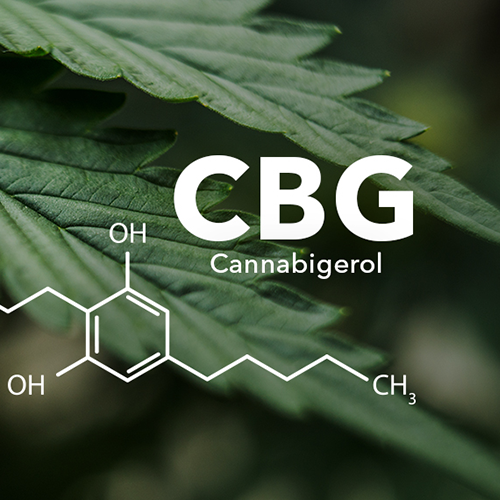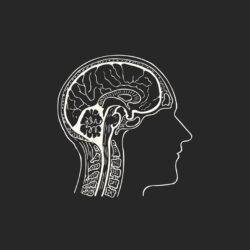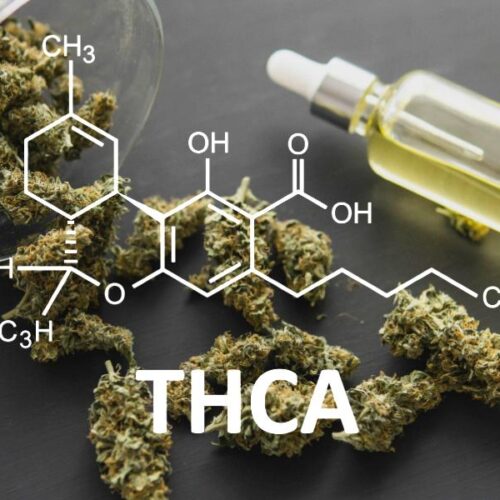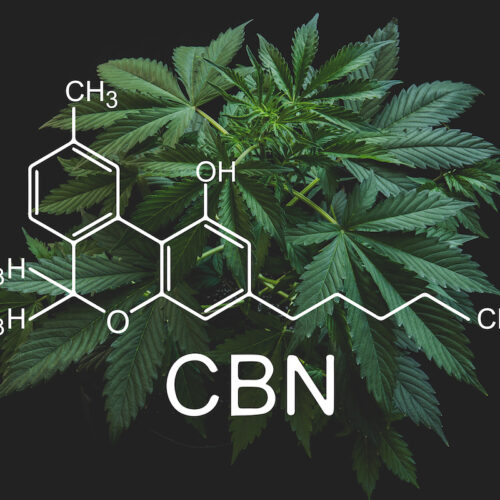Product Information. Get the complete lowdown on the various types of hemp products available in the market with our detailed product information page. We provide comprehensive descriptions and specifications for each type of product. Learn about the unique benefits and uses of each product, and find the ideal hemp-based solution for your needs. With all the information you need at your fingertips, shop with confidence and make an informed purchase today. Product Information
What is CBG? product information
CBG (cannabigerol), like THC and CBD, is a cannabinoid present in the cannabis plant. CBG, like THC and CBD, interacts with the body’s endocannabinoid system, which regulates a number of physiological and cognitive activities.
CBG is dubbed the “mother cannabinoid” since it is the precursor to other cannabinoids such as THC and CBD. As the cannabis plant grows, the CBG in the plant is transformed into other cannabinoids via a biosynthetic process.
CBG, like other cannabinoids, may provide health advantages. It may have anti-inflammatory, antimicrobial, and neuroprotective qualities, as well as the ability to increase hunger and lower intraocular pressure in the eyes, making it potentially effective for illnesses such as glaucoma.
Because CBG is found in lower concentrations in the cannabis plant than THC or CBD, it is generally more difficult and costly to extract and generate in higher amounts. However, study into the possible health advantages of CBG is ongoing, and it is a topic of interest for many cannabis scientists and researchers.
What is CBD?
CBD (cannabidiol) is a chemical found naturally in the cannabis plant. It is one of over 100 cannabinoids found in cannabis and is gaining popularity owing to its possible health advantages.
CBD is a non-psychoactive molecule, which means it does not cause the euphoric or “high” effects associated with THC (tetrahydrocannabinol), cannabis’s major psychoactive component. CBD is thought to operate through interacting with the body’s endocannabinoid system, which regulates a number of physiological and cognitive processes.
CBD has been researched for its potential to treat a variety of health issues, including anxiety, depression, chronic pain, and epilepsy. It may have anti-inflammatory, neuroprotective, and antioxidant qualities, as well as the ability to alleviate symptoms of some medical diseases and increase general well-being.
CBD is legal in many countries and is accessible in a number of forms, including oils, capsules, topical creams, and more. It’s crucial to remember that the efficiency of CBD might vary based on aspects like product quality and strength, as well as individual variances in how the body reacts to it. Before taking CBD, like with any health supplement, contact with a healthcare practitioner.
Is CBD Legal in the USA?
CBD’s legality in the United States is determined by where it originates from and how it is manufactured. CBD generated from hemp (a cannabis plant variation with less than 0.3% THC) is allowed under federal law, as long as specific conditions are met.
The Farm Bill, which removed hemp off the Controlled Substances Act and made it an agricultural product, was enacted by the United States government in 2018. This implies that hemp-derived CBD products are lawful at the federal level if they contain less than 0.3% THC.
What is THCa | Is It Legal?
THCa (tetrahydrocannabinolic acid) is a cannabinoid present in raw cannabis plants prior to drying, curing, or heating. THCa is not officially categorized as a controlled substance under the federal Controlled Substances Act in the United States since it is not psychoactive.
THCa, on the other hand, can be transformed into THC (tetrahydrocannabinol), which is a federally banned narcotic. As a result, THCa’s legal position is fairly confusing and varies depending on the setting and intended use.
In general, possessing and using raw cannabis or cannabis products rich in THCa is technically allowed as long as they contain less than 0.3% THC, the legal limit for hemp-derived goods under federal law. THCa extracts or concentrates, which can be utilized to make more powerful THC products, may face more stringent regulatory restrictions.
Before purchasing or using THCa or THCa products, it is critical to verify the legislation in your state and local region, as laws and regulations might differ greatly. Furthermore, like with any cannabis product, THCa or THCa products must be used properly and in accordance with current laws and regulations.
What is CBN? Product Information
CBN (cannabinol) is a cannabinoid present in the cannabis plant, among other cannabinoids including THC and CBD. CBN, like other cannabinoids, interacts with the body’s endocannabinoid system, which regulates a variety of physiological and cognitive activities.
CBN is often present in considerably lower concentrations than THC or CBD since it is created as a result of THC breakdown over time, particularly through exposure to light and heat. As a result, items that have been aged or incorrectly kept may have greater quantities of CBN.
CBN is thought to provide health properties such as sedation, pain relief, and hunger stimulation. It may also have anti-inflammatory, antibacterial, and neuroprotective qualities, making it effective for glaucoma, inflammation, and bacterial infections.
CBN is accessible in a number of forms, including oils, tinctures, capsules, and others, although it is less widely available than THC or CBD products. It is critical, like with any cannabis product, to use CBN or CBN products responsibly and in accordance with current laws and regulations.




